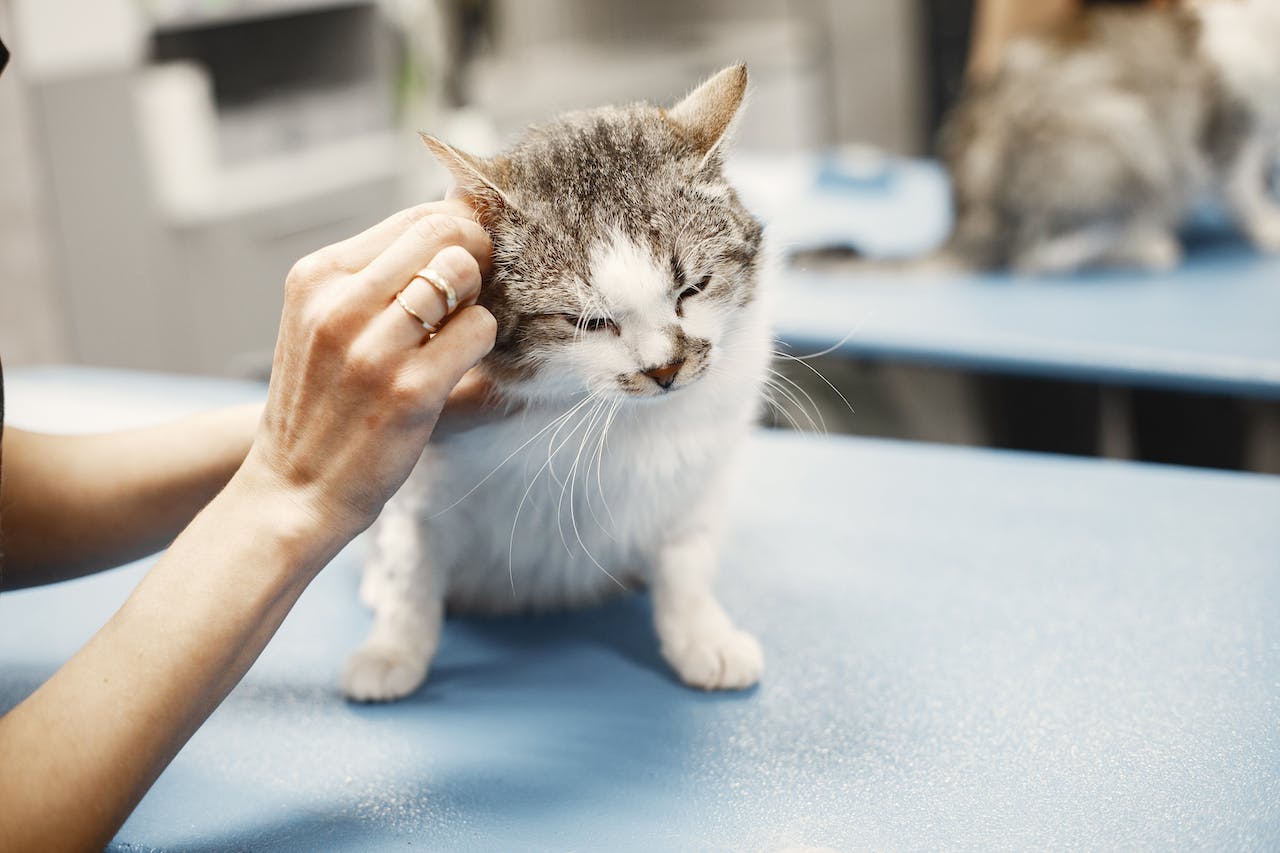There’s a common misconception among cat owners that indoor cats don’t need vaccines because they’re not exposed to the same risks as outdoor cats. However, this belief couldn’t be further from the truth. Indoor cats are still susceptible to various diseases, some of which can be life-threatening. In this blog post, we’ll debunk the myths surrounding indoor cats and vaccinations, highlighting the importance of vaccinating your indoor feline companions for their health and well-being.
Many cat owners assume that because their cats don’t roam outside, they’re not at risk of contracting diseases. However, indoor cats can still be exposed to infectious agents through various means, including contact with other animals, exposure to contaminated objects, or even through the air brought in by humans. Additionally, some diseases, such as feline leukemia virus (FeLV) and feline immunodeficiency virus (FIV), can be transmitted through casual contact with infected cats, making indoor cats vulnerable despite limited outdoor exposure.
Common Diseases Prevented by Vaccines
Vaccines are essential for protecting cats against a range of infectious diseases, regardless of whether they spend time outdoors. Some of the most common diseases prevented by vaccines include:
Feline viral rhinotracheitis (FVR) and calicivirus: These respiratory infections can cause symptoms such as sneezing, coughing, nasal discharge, and fever.
Feline panleukopenia (FPV): Also known as feline distemper, FPV is a highly contagious and often fatal disease that affects a cat’s gastrointestinal tract, causing vomiting, diarrhea, dehydration, and fever.
Feline leukemia virus (FeLV): FeLV is a viral infection that weakens the immune system and can lead to various health problems, including anemia, cancer, and secondary infections.
Rabies: Rabies is a fatal viral disease that affects the central nervous system and can be transmitted to humans through a bite or scratch from an infected animal.
Debunking Myths
Now let’s address some common myths surrounding indoor cats and vaccinations:
Myth #1
Indoor cats don’t need vaccines because they’re not exposed to disease. Reality: Indoor cats can still be exposed to diseases through contact with other animals, contaminated objects, or humans who have been in contact with infected animals.
Myth #2
Vaccines are only necessary for outdoor cats. Reality: Vaccines are essential for all cats, regardless of whether they spend time outdoors. Indoor cats can still contract diseases from various sources, making vaccination crucial for their protection.
By debunking myths and understanding the importance of vaccination, cat owners can ensure their indoor feline companions lead long, healthy, and happy lives. If you have any questions or concerns about vaccinating your indoor cat, don’t hesitate to contact Alta Vista Animal Hospital for expert guidance and care.
At Alta Vista Animal Hospital, we understand the importance of vaccinating indoor cats to keep them healthy and protected. Our experienced team offers comprehensive vaccination services tailored to your cat’s specific needs, ensuring they receive the appropriate vaccines at the right time. Whether your cat is due for their annual vaccinations or requires boosters for specific diseases, we’re here to provide compassionate care and personalized recommendations for your feline companion.




